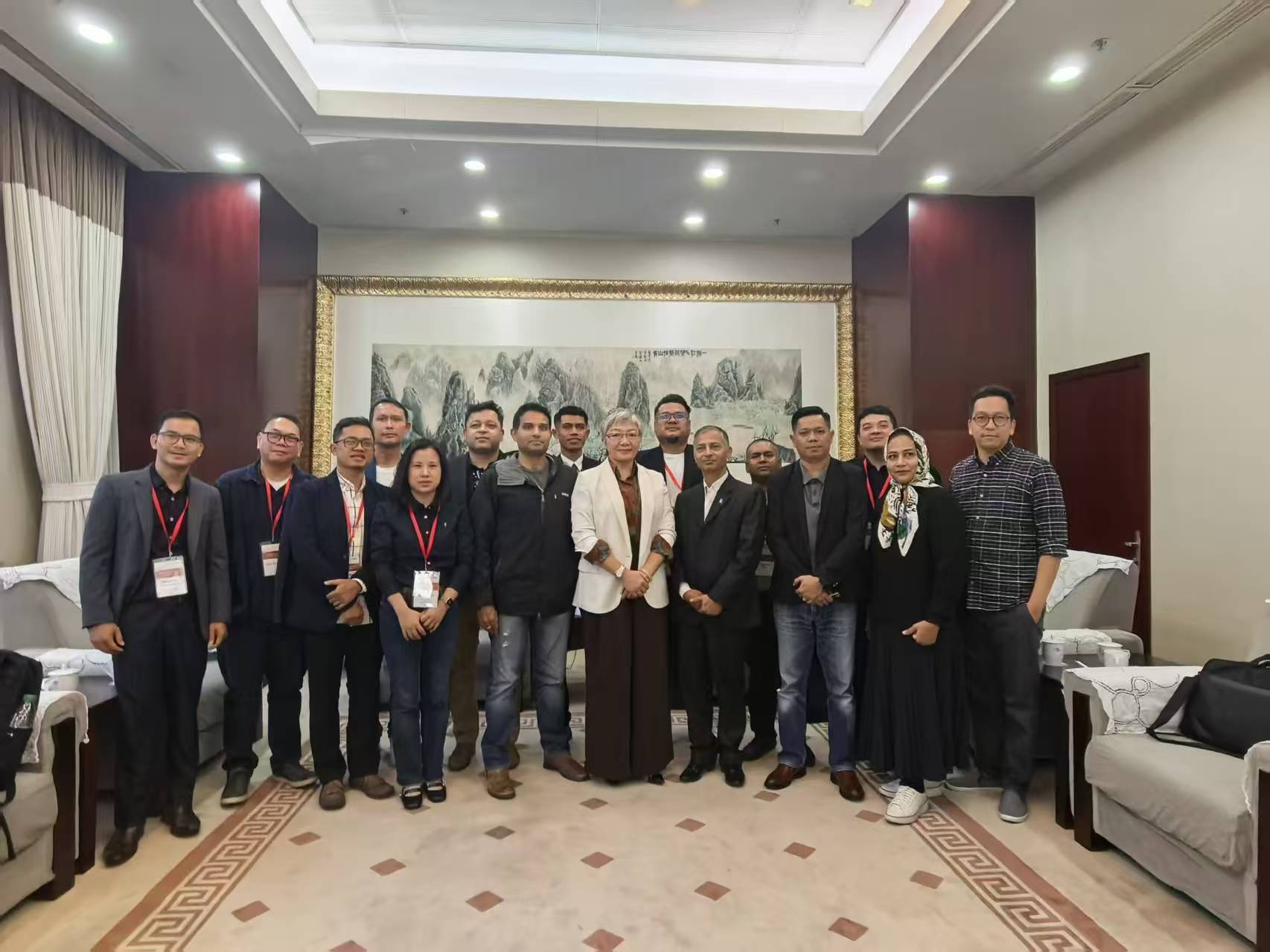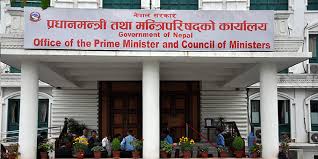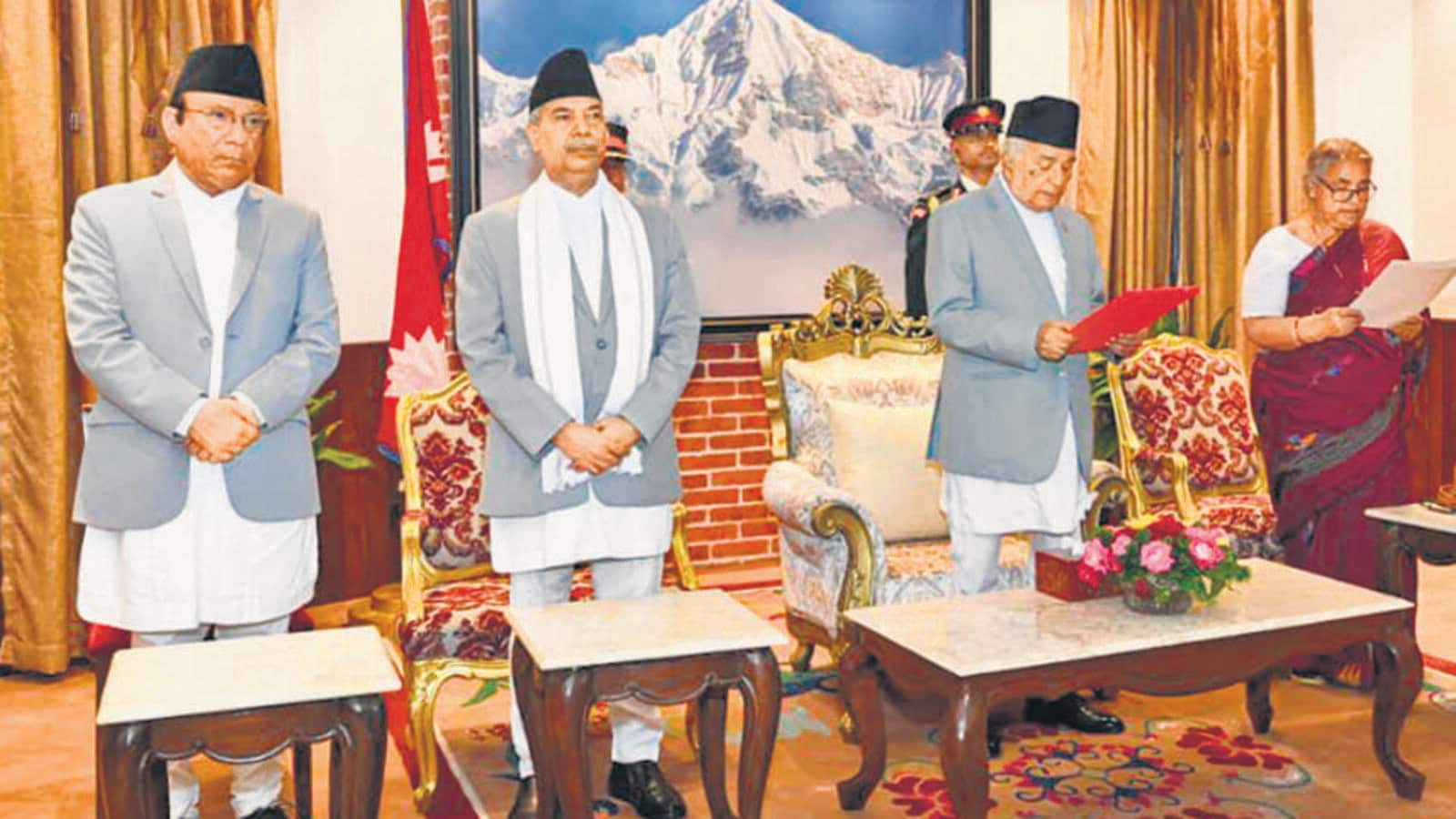
By Our Reporter
When the Nepali Congress and the CPN-UML teamed up last year, they promised reforms, better governance, and quick results. A year later, their biggest promise is stuck: the amendment to the Land Act of 1964. This dispute has not only stalled the bill but also revealed what this coalition truly represents: personal interests disguised as public policy.
The issue is straightforward. The UML wants the bill passed quickly because it benefits their leadership. Prime Minister KP Sharma Oli is still dealing with the fallout from the Giribandhu Tea Estate land scandal. If this bill is approved as it stands, it would help him move past that problem. His minister, Balram Adhikari, who faces scrutiny over the Pokhara land scam, is pushing the bill forward for the UML. He ignores the Congress’s concerns and disregards the opposition’s objections. For him, the bill serves as a shield for his party, not a solution for the landless and settlers.
Congress is pushing back, and rightly so. They recognize that the bill's provisions focus more on protecting political interests than achieving justice. Congress leaders like Gagan Thapa and Bishwo Prakash Sharma have called for a thorough discussion in the House and questioned why the UML is rushing. Their concern extends beyond just squatters or settlers; it centers on accountability. If the government creates laws to protect its leaders from previous scandals, why would anyone trust its reform agenda?
The debate in the parliamentary committee highlights the deep divide. Congress has suggested a cautious approach, distinguishing between landless Dalits, squatters, and settlers, and giving ownership based on strict criteria. In contrast, UML leaders prefer a more relaxed framework that could easily be misused. Their claim of wanting to protect against exploitation by outsiders seems disingenuous when their own top leaders are accused of land grabbing.
This is why the bill keeps stalling. It isn't about justice for the landless; it’s about political survival for Oli and his allies. Unless Congress stands firm, the land amendment bill could become just another way to legitimize scandals instead of addressing long-standing issues.
Ultimately, this controversy isn’t about who receives land; it’s about whether the law will benefit the people or protect the powerful. Right now, it appears to be leaning towards the latter.


















Comments:
Leave a Reply